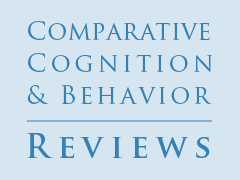From Saliva to Faeces and Everything in Between: A Guide to Biochemical Analysis Using Animal Samples for Biomarker Detection
Reading Options
Abstract
Over the last decade, interest in the emotional states and stress levels of animals has grown. These emotional states can have secondary effects for owners; for example, if an animal becomes aggressive, this behavior can lead to relinquishment or even euthanasia. In addition, long-term stressful situations can have serious health impacts on animals and can affect meat quality in livestock. A variety of methods can be used to investigate biomarkers in animals, and many sample types can be taken to facilitate this. The choice of assay will often depend on the animal under investigation and practicalities of obtaining the sample. The assay choice can also be dependent on testing conditions such as the field versus laboratory, samples taken, costs, and the desired results. There is also the question of the timescales of the investigated response: Do you want to test what happened over the last month? Last week? Yesterday? Or within the last hour? This review highlights some of the pros and cons of the different samples and the different methods for biomarker analysis in animals. Studies can be made or broken based on the type of samples taken, and what aspects are to be investigated, and this simple decision can make a world of difference to the results of an investigation. Careful planning and thought before starting a study can make the difference between a scientific breakthrough with animal welfare and husbandry implications and poor results that are of little use to man or beast.
Keywords: biochemical analysis, ELISA, saliva, blood, hair, faecal

